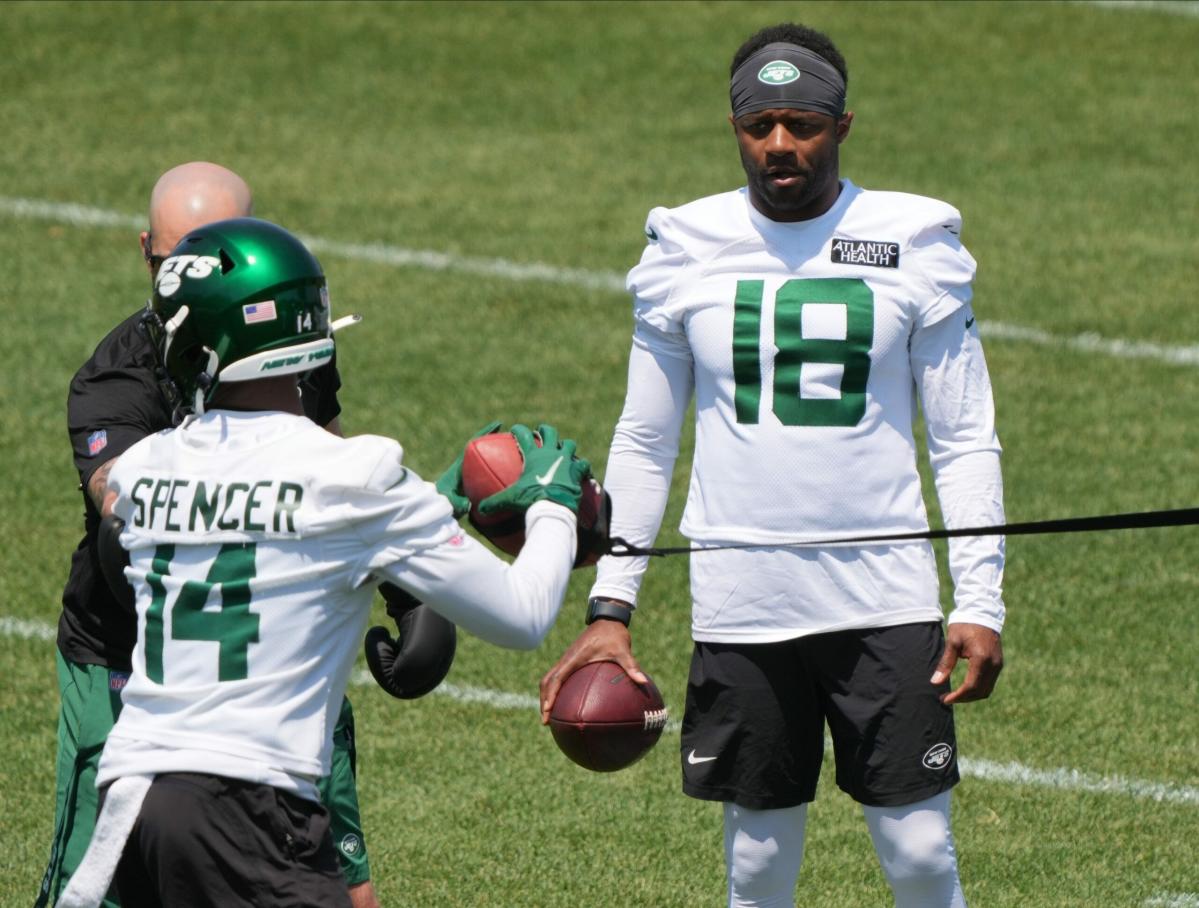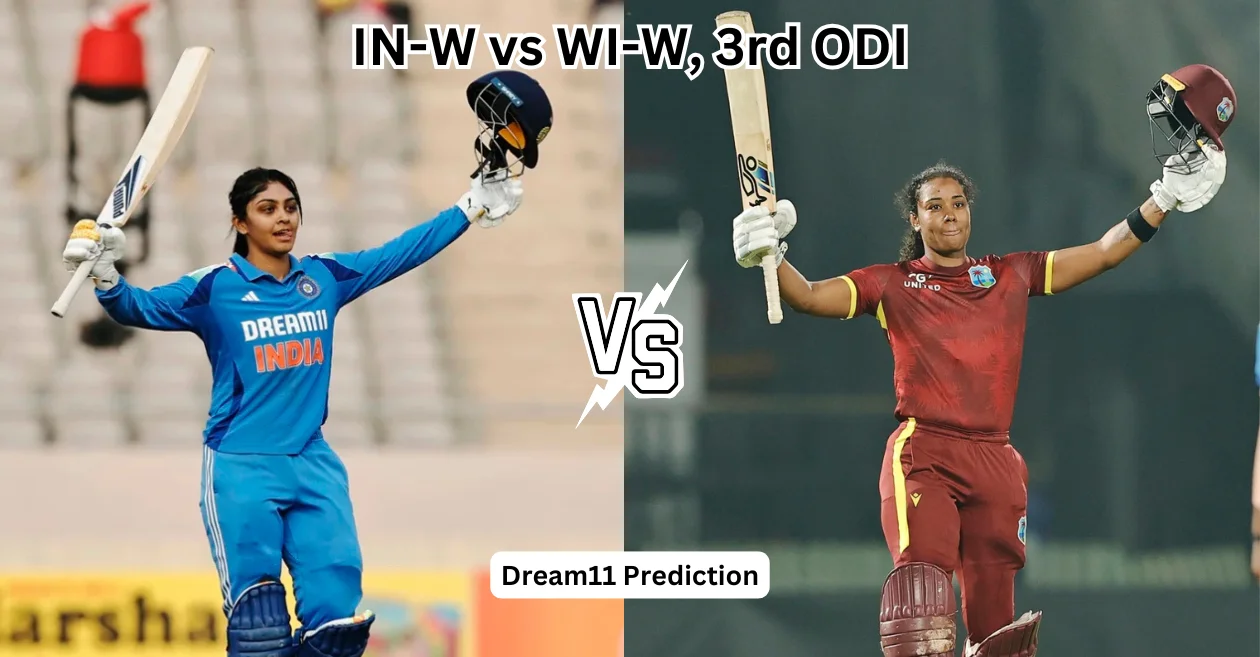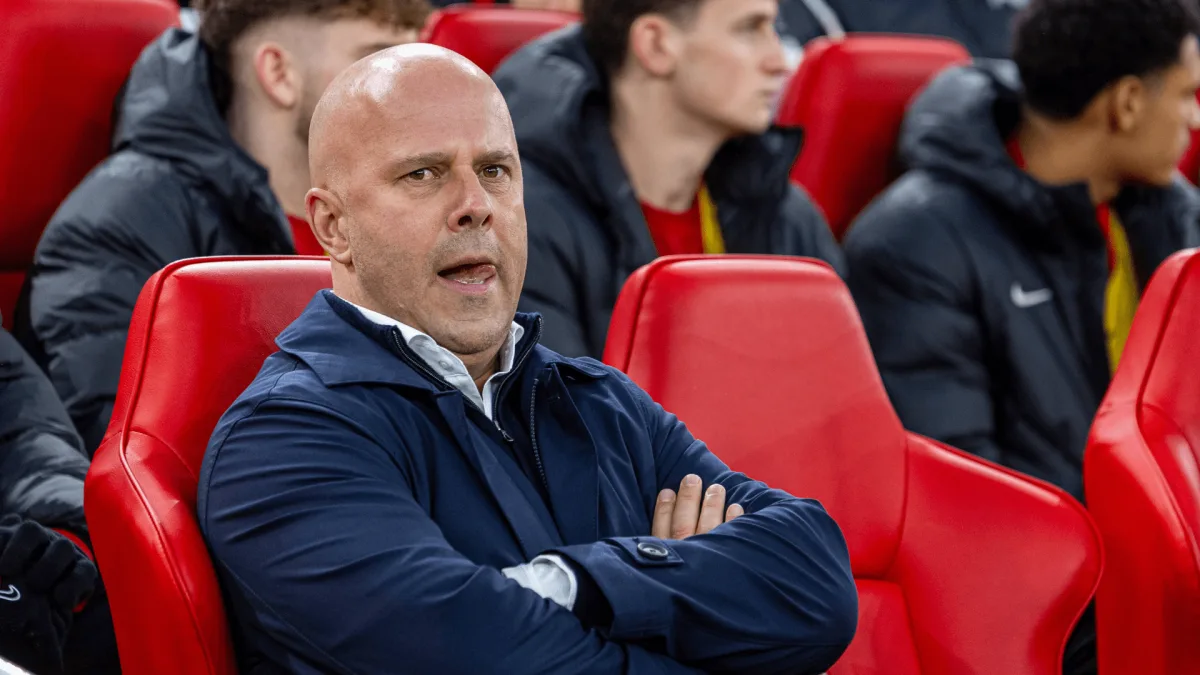NEW YORK — You felt bad for the opponent. Carlos Alcaraz is that good.
The Spaniard toyed with Dan Evans in the opening two sets, revealing his bag of skills and laying it on Arthur Ashe Stadium like this was a streetball exhibition. He sliced. He finessed. He overpowered. He hit drop shots. He chased down balls that should’ve been winners. He bounced around between points, as if Alcaraz could leave the tennis grounds and jump directly into a 10-round prizefight. There’s nothing obnoxious about the way Alcaraz dominates. He’s a good sport about greatness. But it had to feel demoralizing to be Evans on Saturday afternoon.
After all, the Brit couldn’t have played better. His effort was sustained and admirable. He even won a set, a first for an Alcaraz opponent at this US Open. But you know what they say about defeats in sports: they’re never harder to accept than when your best isn’t nearly good enough.
“That’s the draw you get when you’re [seeded 26th],” Evans said. “It’s annoying.”
For Evans, the disparity was on full display in the opening two sets, and encapsulated during thrilling points in the third and fourth. The Brit did just about everything possible to win those moments — he returned a lob through his legs, slid across the baseline to chase down a forehand — only to watch Alcaraz knock in the winners.
Evans finished both points by throwing his racket to the ground. One racket slam was in anger, the other in exasperation. After Alcaraz’s impossible running forehand grazed the baseline in the fourth set, Evans looked at his opponent in disbelief, then to the heavens for answers that couldn’t have possibly been reassuring.
God offered no help against Alcaraz, who is trying to become the first man since Roger Federer to successfully defend a US Open title.
“The majority of the time you win that point,” Evans said. “It just seems with the top guys, it happens to them. You won’t see that very often on the outside courts. That’s just how it feels. He chases every ball. … That pass shot kind of took the wind out of my sails.”
To his credit, Evans never really conceded. He battled. At 33 years old, he’s a solid professional, seeded 26th at Flushing and currently in top form. Historically, the US Open is his best tournament. But there was no denying defeat Saturday.
Alcatraz would’ve been easier to escape than Alcaraz.
“You look on both sides. I may never have another chance to play him on that court. So you look at it that way, and then you look at it that I may have gone a bit further in the tournament [if I didn’t draw Alcaraz].”
The problem with the men’s bracket is its sense of inevitability. A lack of drama. The opening six rounds, until proven otherwise, are the prelude to another Alcaraz-Novak Djokovic final.
Alcaraz’s next opponent in the Round of 16, Italian Matteo Rinaldi, is young and trying to get his career off the ground. Perhaps he snaps Alcaraz’s 10-match winning streak at the US Open. It’s much more likely he doesn’t.
Regardless, Alcaraz is an enjoyable watch for everybody except the opponent.
“Playing him or Novak in the third round is not what you want to be seeing,” Evans said.

























